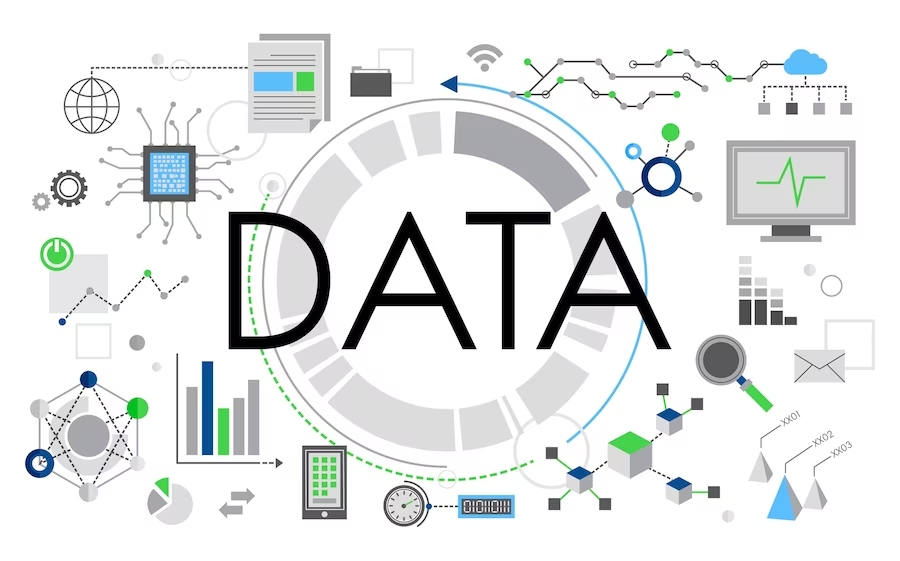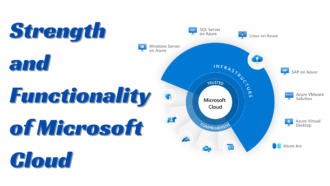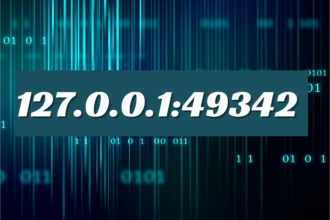Leveraging Data Annotation Services in Africa
Data annotation adds metadata or labels to raw data, such as images, text, or video, to make it understandable and useful for machine learning algorithms. The annotated data trains machine learning models to recognize patterns, classify data, and make predictions. Data annotation is essential for developing many modern applications, including self-driving cars, natural language processing, and computer vision.
Benefits of data annotation
Here are some of the benefits of data annotation:
Improves accuracy:
Annotated data helps machine learning algorithms better understand the data’s context and improve their prediction accuracy. For example, annotated images in computer vision help algorithms recognize objects and classify them more accurately.
Saves time and effort:
Data annotation can be a time-consuming and labour-intensive process. However, it can save time and effort in the long run by enabling machine learning models to learn faster and make better predictions. With annotated data, algorithms can quickly recognize patterns and make predictions more accurately.
Enables personalized experiences:
Annotated data can help companies to provide personalized experiences to their customers. For example, annotated data can personalize product recommendations, search results, and marketing messages.
Enhances quality control:
Data annotation can also be used to improve quality control processes. Annotated data can help identify defects or errors in products, such as manufacturing defects in electronic components, and improve the overall quality of products.
Enables automation:
Annotated data is essential for the development of automated systems. Machine learning models can use annotated data to make predictions and automate processes that would otherwise require human intervention.
Data Annotation Services in Africa
As digital technologies and internet access expand across Africa, a wealth of untapped data is waiting to be leveraged for innovation and growth. However, analyzing this data can be difficult due to its unstructured nature, incompleteness, or complexity. This is where data annotation comes into play.
Data annotation involves adding labels, tags, or other metadata to raw data, making it easier to identify patterns, trends, and insights that might otherwise be missed. In Africa, a pool of highly educated and skilled workers proficient in multiple languages and cultural nuances makes them a valuable resource for outsourcing data annotation services.
Impact Of Data Annotation in Africa
One area where data annotation significantly impacts Africa is the development of natural language processing (NLP) models. NLP focuses on understanding and processing human language, which has many potential applications in Africa, such as analyzing social media data or improving communication between different language groups. However, NLP models require large amounts of annotated data to be effective, which can be challenging in Africa due to the diversity of languages and domains.
African organisations are turning to data annotation companies that specialise in collecting and labelling data to address these challenges. These companies have teams of annotators who manually review and label data according to specific guidelines, such as sentiment analysis or identifying parts of speech.
Data annotation is also critical in other areas of AI development in Africa, such as computer vision, speech recognition, and machine translation. By building accurate and effective AI models in these areas, organizations can create better product offerings and services that meet the needs of their customers.
Outsourcing data annotation services to Africa can provide several advantages, including cost savings, increased accuracy and quality, and expanded reach into new markets. African workers’ attention to detail and commitment to producing high-quality work is significant in fields such as medical research, where accuracy and precision are crucial.
Conclusion
Data annotation is a powerful tool for unlocking the potential of data in Africa. By outsourcing data annotation services to Africa, businesses can tap into a valuable talent pool, improve accuracy and quality, and expand their reach. As the demand for AI solutions grows in Africa, data annotation will become a critical component of data strategy for many organizations.
Data annotation is a critical process enabling machine learning algorithms to learn and make more accurate predictions. Annotated data can save time and effort, improve quality control, allow personalized experiences, and automate processes. These benefits make data annotation an essential step in developing many modern applications.


















